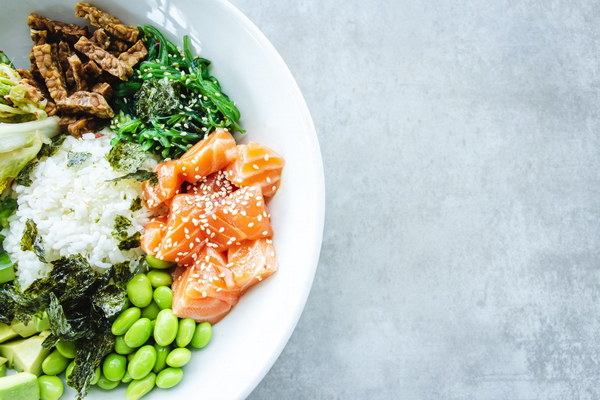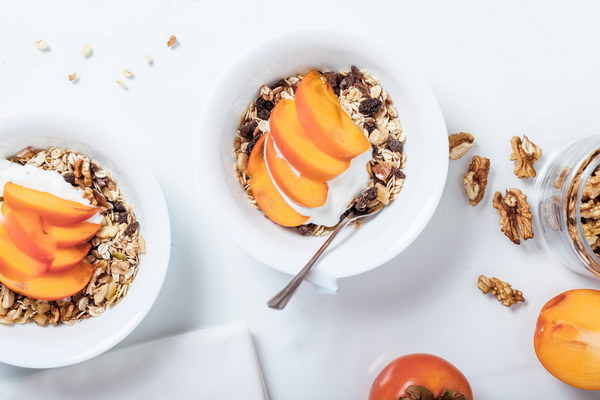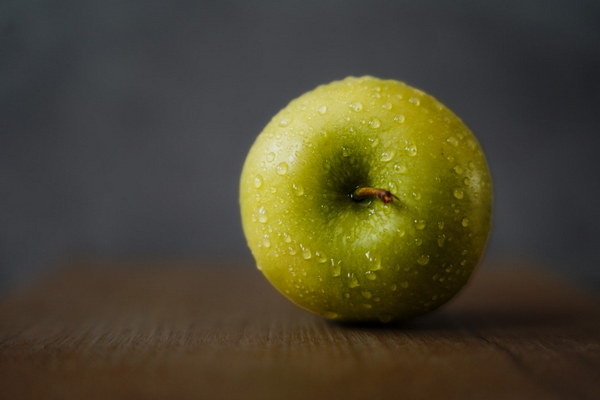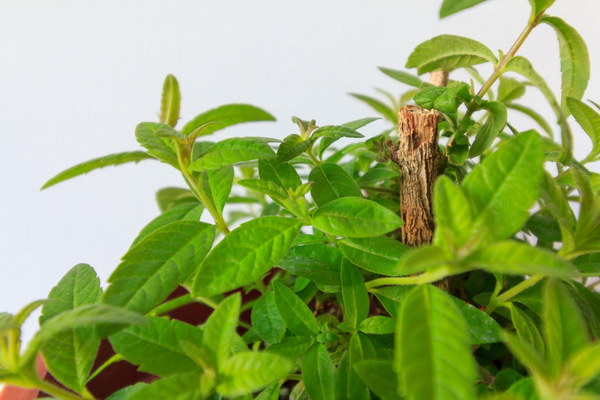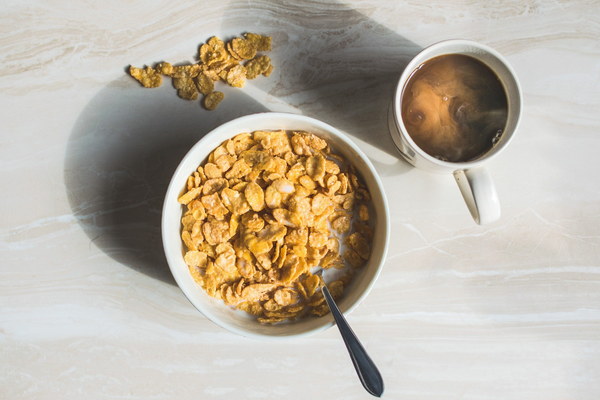Revitalize Your Health Discover the Power of Traditional Chinese Herbs for Spleen and Dampness Syndrome
In the realm of traditional Chinese medicine, the concept of balancing the body's yin and yang is fundamental. One common imbalance is spleen and dampness syndrome, characterized by symptoms such as fatigue, bloating, and weight gain. This article delves into the world of Chinese herbs that can help address this imbalance and revitalize your health.
Understanding Spleen and Dampness Syndrome
The spleen is a vital organ in traditional Chinese medicine, responsible for transforming food into energy and transporting nutrients throughout the body. Dampness, on the other hand, refers to an excess of dampness in the body, which can be caused by factors such as poor diet, environmental conditions, and stress. When the spleen becomes overwhelmed by dampness, it can lead to a variety of health issues.
Symptoms of spleen and dampness syndrome include:
- Chronic fatigue
- Weight gain or difficulty losing weight
- Bloating and abdominal discomfort
- Lazy bowels
- Excessive phlegm or mucus
- Poor appetite
The Power of Chinese Herbs
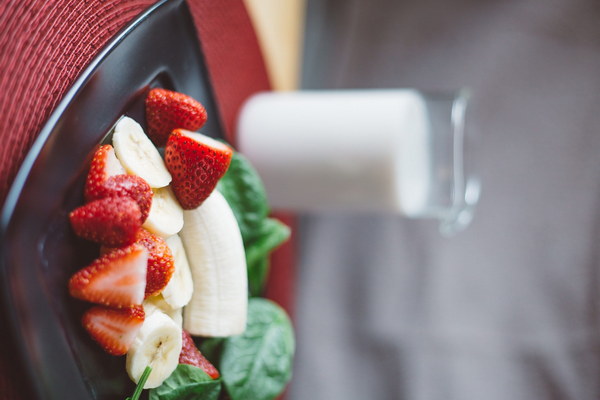
Traditional Chinese medicine offers a wide range of herbs that can help balance the spleen and eliminate dampness. These herbs work together to strengthen the spleen, improve digestion, and promote the flow of Qi (vital energy) throughout the body. Here are some of the key herbs used in spleen and dampness formulas:
1. Astragalus (Huang Qi)
Astragalus is a well-known herb in traditional Chinese medicine, renowned for its immune-boosting properties. It helps to strengthen the spleen, improve energy levels, and expel dampness.
2. Poria (Fu Ling)
Poria is a potent herb used to drain dampness and improve water metabolism. It is often combined with other herbs to enhance their effectiveness.
3. Atractylodes (Cang Zhu)
Atractylodes is another herb that helps to strengthen the spleen and expel dampness. It is particularly useful for treating chronic dampness-related conditions, such as edema and fatigue.
4. White Atractylodes (Bai Zhu)
White Atractylodes is similar to Atractylodes but is more potent in expelling dampness. It is often used in combination with other herbs to treat dampness-related symptoms, such as bloating and weight gain.
5. Hoelen (Jie Geng)
Hoelen is a versatile herb that can be used to drain dampness, relieve coughs, and improve lung function. It is often included in formulas to support the spleen and lung systems.
6. Codonopsis (Dang Shen)
Codonopsis is a popular herb used to boost energy levels and improve overall vitality. It also helps to strengthen the spleen and expel dampness.
7. Alisma (Ze Xie)
Alisma is a diuretic herb that helps to drain dampness and relieve edema. It is often used in combination with other herbs to address spleen and dampness-related symptoms.
Combining Herbs for Optimal Results
The effectiveness of Chinese herbs for spleen and dampness syndrome lies in their ability to work synergistically. A well-balanced formula will combine several herbs to address the root cause of the imbalance and alleviate symptoms.
When selecting a formula, it is essential to consider your individual constitution and the specific symptoms you are experiencing. A qualified herbalist or traditional Chinese medicine practitioner can help you choose the right combination of herbs for your needs.
In conclusion, the use of Chinese herbs for spleen and dampness syndrome can be a safe and effective way to restore balance and improve your health. By understanding the underlying principles of traditional Chinese medicine and consulting with a knowledgeable practitioner, you can harness the power of these ancient remedies to revitalize your body and mind.



